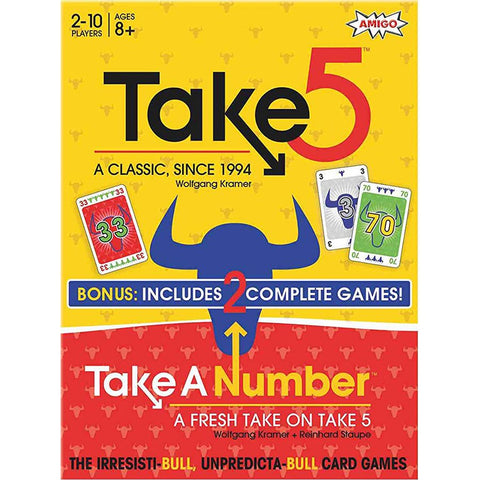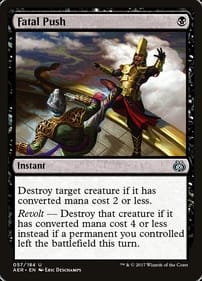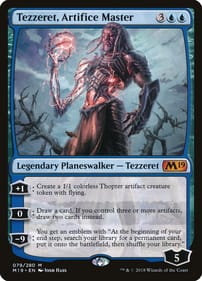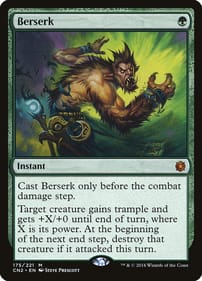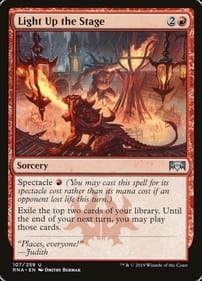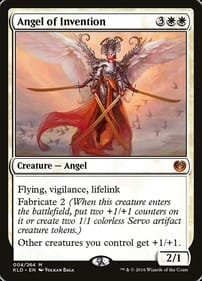Lone Wolves
- Description
- Prices
Players become the leaders of wolf packs in Lone Wolves, vying over regions to become the Alpha. To assert your dominance and ensure victory, dispatch wolves to territories. The stronger wolf wins, strengthening your pack's position — but despite gaining a scar from the battle and becoming a lone wolf, the weaker one learns from the experience, improving its pack's status for the next encounter. In your struggle, know when to bare your teeth — and when to go it alone.
Lone Wolves is a two-player dueling game with trick-taking and area-majority elements that is played over thirteen rounds (tricks). Players start with thirteen cards, and each trick consists of players playing a single wolf card, of which there are five suits each with cards 2–7 (thirty cards). The cards, however, are played into one of five territories of your choosing, each awarding points to the player who controls it at game's end. The value of the card represents the strength dispatched to that territory. The winning card in a trick remains face up, while the other player's wolf is flipped to its lone wolf side (with a strength of 1). The owner of the losing card gains a scar token to be placed in a territory, and scar tokens have effects such as awarding points for specific cards played into territories, altering strength values, or affecting points awarded in territories.
Distinguishing itself from most trick-taking games, however, the trump suit in Lone Wolves is dynamic, shifting as the game progresses! Once all scar tokens have been obtained from one territory, the corresponding suit becomes trump; once it happens a second time, the trump suit changes again. The push-and-pull of knowing when to take or lose the trick means that there are no weak hands — just weak leaders!




